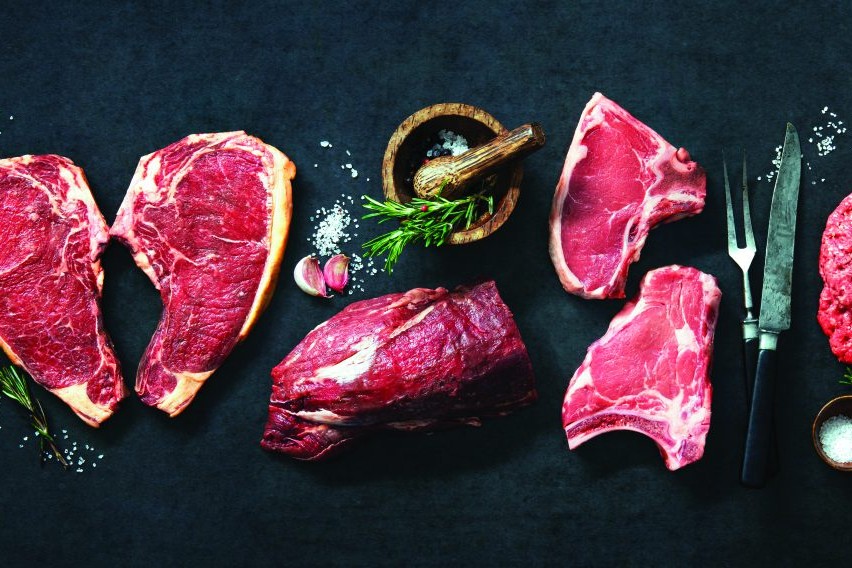What about the rain?
A dry summer means there’s not enough grass reserves going into winter for Suzie and Paul Corboy on their southern farm.

A dry summer means there’s not enough grass reserves going into winter for Suzie and Paul Corboy on their southern farm.
ONE WORD DESCRIBES THE PAST three months. Dry. We had 14mm of rain in March and some hot days. Thankfully, there has been some moisture in the first week of April, about 18mm, but lots of wind and the days are getting cool with a frost last week, so even if we get sufficient rain soon, there is not going to be enough grass growth to build up reserves for winter.
While we complain about the lack of rain, the poor buggers on the East Coast of the North Island have had far too much. We really sympathise with you all because of all the damage the floods have caused.
Fortunately the long-term forecasts accurately told us it was going to be dry, so we were proactive and sold most of our lambs as stores and the market has been strong with good grass growth in North Otago and Canterbury so it has not been difficult to find homes for them.
With all the Covid disruptions, killing cattle has been a real challenge. Every year we have problems getting sufficient killing space, despite booking space in October and filling in projected numbers for each fortnight. Feels like an absolute waste of time when they don’t take any notice of it on the processing company end.
I know it has been a very tough season for them as well, but with this year’s dry it has really amplified the problem, and the booking issues seem to occur every year. We have considered whether we need to change our whole beef system to try to minimise the annual issues we have.
I have to acknowledge that the meat processing workers, drafters and the rest of the essential workers have been doing an awesome job over a very tough period and the health of themselves and their families is top priority.
Everyone is under a lot of stress so we just have to make the best of a tough season.
Regardless of having very low grass covers this year, our once-bred heifer system means we buy in at least 100 weaned heifer calves in late March and early April. The management plan is we wean last year’s calved heifers, killing as many heifers as are ready, as prime heifer prior to buying the weaned calves.
After a number of years learning and fine tuning we now have a large percentage of the heifers ready to kill by late February. Unfortunately with there being limited killing space, more than half the heifers are still here at the end of the first week in April this year and we have bought in the calves so there is added pressure on the already limited grass supply.
Despite all the complaints Paul and I enjoy beef farming, and often discuss reducing our ewe numbers by 500 or 1000 and farming more cattle.
Wintering cattle efficiently and with minimal soil damage on our farm is one of the main factors why we have not moved to more beef, and when we last crunched the numbers, sheep were making us more money per stock unit. This might have changed now with better beef returns.
My other job as an ambulance officer has also been busy, with Covid adding to the workload. I really enjoy getting off farm to do something very different, but have to admit that sleepless nights are really tough on the body and this is getting worse as I get older.
Paul has learnt that it is better to not work me too hard or preferably let me sleep after night shift as I can be very grumpy, even worse than usual, when sleep deprived.




